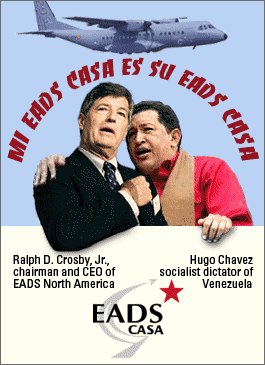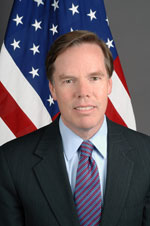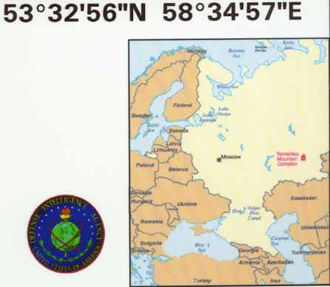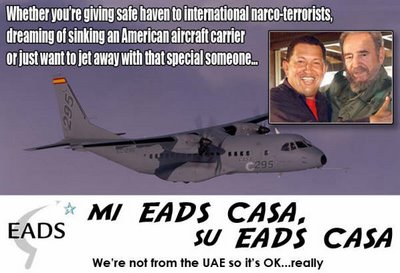
In addition to giving the terrorists at Guantanamo special dietary menus, regular medical checkups, special religious privileges and other luxuries, US officials also let the terrorists keep documents in their cells. Now - surprise! - they learned that the enemy is using the documents to further their cause.
Authorities at the US military's terrorist detention facilitity at Gitmo have discovered that detainees "were using confidential lawyer-client papers and envelopes to pass handwritten notes their guards could not intercept,"
according to the Washington Post.
This should not surprise us. Read on.
"Detainees could apparently hide documents in their cells -- including instructions on how to tie knots and a classified U.S. military memo regarding cell locations of detainees and camp operational matters at Guantanamo -- by keeping the materials in envelopes labeled as lawyer-client communications," the
Post reports.
"Notes that investigators found after the suicides on June 10 were apparently written on the back of notepaper stamped 'Attorney Client Privilege,' which allowed detainees to communicate secretly without interference, according to government officials."
And our guys at Gitmo didn't see this coming? The network of lawyers aiding the detainees has a rap sheet going back decades that includes using attorney-client privilege as a means of promoting terrorist causes.
The main group is the
Center for Constitutional Rights, cited in the
Post article. The CCR was created almost 40 years ago to keep armed radicals and other terrorists "in the streets," in the words of its late founder,
William Kunstler. Kunstler's protege,
Michael Ratner (pictured), runs the CCR today. Ratner is part of the terrorists' legal support network.
Ratner's colleague,
Lynne Stewart, is now in federal prison for abusing attorney-client privilege in support of her client, terrorist Sheik Abdel Rahman of the Egyptian Islamic Jihad. Rahman was the spiritual leader behind the 1993 bombing of the World Trade Center in New York. Among other things, Stewart was found guilty of acting as a courier between the imprisoned sheik and his terrorist followers.
The CCR denounced the verdict against Stewart, effectively defending her right to serve as part of a terrorist operation.
Another is one of Stewart's lawyers,
Susan Tipograph. When she isn't doing legal work for the "poor and oppressed," she's helping terrorists. Tipograph was found to have helped Puerto Rican terrorist bomber William Morales escape from prison by abusing the attorney-client privilege.
So there's probably a lot more to the Guantanamo work of CCR and other terrorist attorneys than pure legal defense.
In February, 2005, FourthWorldWar.com ran an item
urging the feds to investigate the Center for Constitutional Rights as a terrorist support operation. Here's another chance for them to start, if they haven't done so already.
Click here for our 2004 item on Ratner and the Center for Constitutional Rights.Click here for David Horowitz's article, "COINTELPRO's Overdue Return."
 What a pathetic sight: lobbyists of a NATO ally apparently lying to congressional staff about their company's supply of military aircraft to Venezuelan dictator Hugo Chavez.
What a pathetic sight: lobbyists of a NATO ally apparently lying to congressional staff about their company's supply of military aircraft to Venezuelan dictator Hugo Chavez.








